Walkie-talkie and pager explosions in Lebanon over the past two days have left thousands dead and wounded, bringing the Middle East to the brink of escalating conflict.
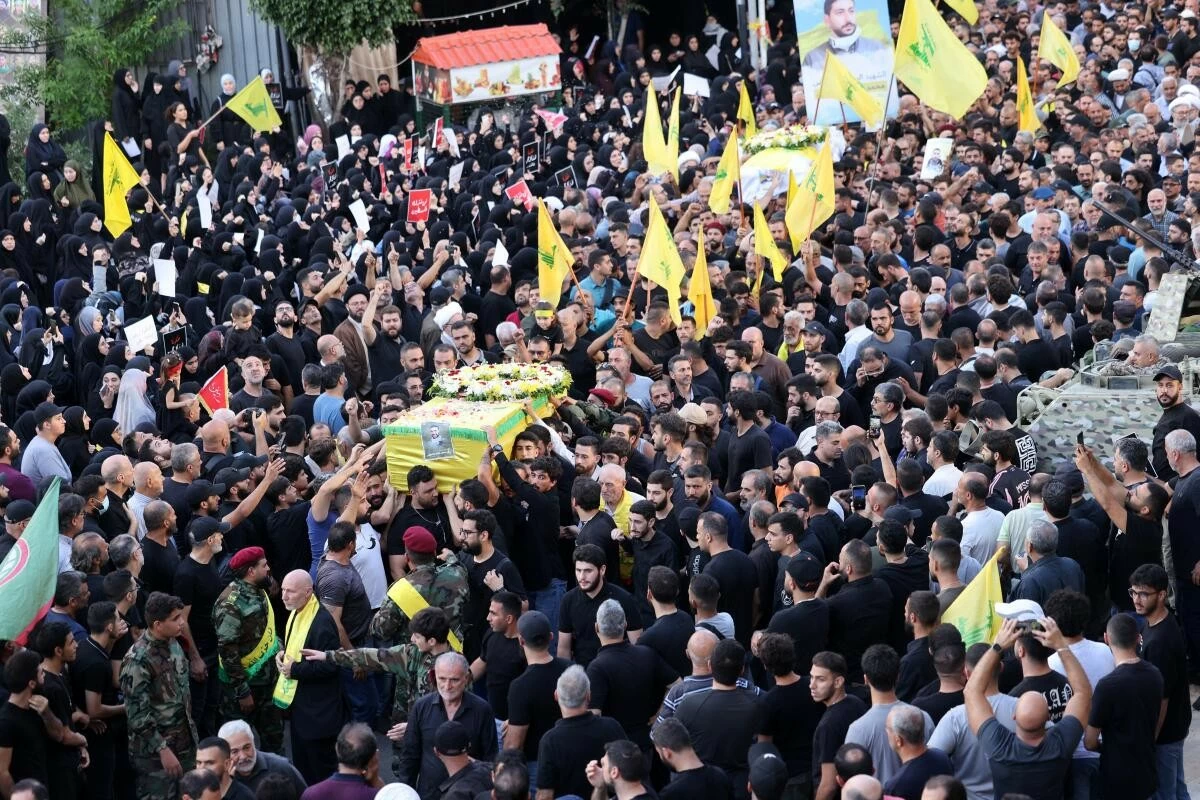 |
| The explosions of walkie-talkies and pagers in Lebanon over the past two days risk being the 'last straw' in Middle East tensions. (Source: AFP) |
On September 19, Hezbollah leader Hassan Nasrallah condemned the attack that caused a series of communication devices including pagers and walkie-talkies in Lebanon to explode on September 17-18, accusing Israel of being the culprit and calling it a "massacre" aimed at killing 5,000 people.
The Hill quoted him as saying: "There is no doubt that we have suffered a major attack in terms of security, human and unprecedented in the history of resistance in Lebanon, perhaps unprecedented in the world."
Although admitting that this was a heavy blow to the organization's forces and security, Hezbollah's leader affirmed that it would not be defeated and would continue to fight until the conflict in Gaza ended. According to Mr. Nasrallah, Hezbollah has established committees to investigate the incident.
The explosions killed 37 people and injured 2,931, according to Lebanon's health minister.
On social network X, Iranian President Masoud Pezeshkian expressed condolences to the Lebanese people after the incident, reaffirmed support for the neighboring country and called on international organizations to take appropriate action.
Meanwhile, Commander of the Iranian Revolutionary Guards Hossein Salami warned that Israel would face a backlash from the "Axis of Resistance" after the incident. The "Axis of Resistance" refers to armed groups affiliated with Iran in the Middle East, including Hezbollah in Lebanon and the Houthis in Yemen.
Since the explosions of communications equipment in Lebanon, Israel has not commented on the accusations of enemy masterminds.
Following the incident, on the same day, during a meeting between US Secretary of State Antony Blinken and his French counterpart Stephane Sejourne, both sides called on all parties to exercise restraint and avoid escalation.
AFP news agency quoted Mr. Blinken's statement emphasizing the importance of reducing tensions, especially in the context of international efforts to achieve a ceasefire in Gaza. He said: "We are still working to achieve a ceasefire... We believe that it is still possible and necessary."
For his part, the French Foreign Minister also expressed concern about the situation in the Middle East, affirming that Paris and Washington are coordinating to send a message of de-escalation to all parties and warning that "Lebanon will not be able to recover from a full-scale war".
Also on September 19, French President Emmanuel Macron spoke by phone with Lebanon's top political and military leaders as well as with Israeli Prime Minister Benjamin Netanyahu to call on all sides to exercise restraint.
Mr Macron asked the Lebanese leader to convey a message to armed groups, including Hezbollah, to avoid escalating tensions.
Source: https://baoquocte.vn/chao-lua-trung-dong-nong-ray-vi-vu-tan-cong-chua-tung-co-o-lebanon-my-phap-hoi-thuc-kiem-che-iran-canh-bao-phan-ung-du-doi-286965.html






























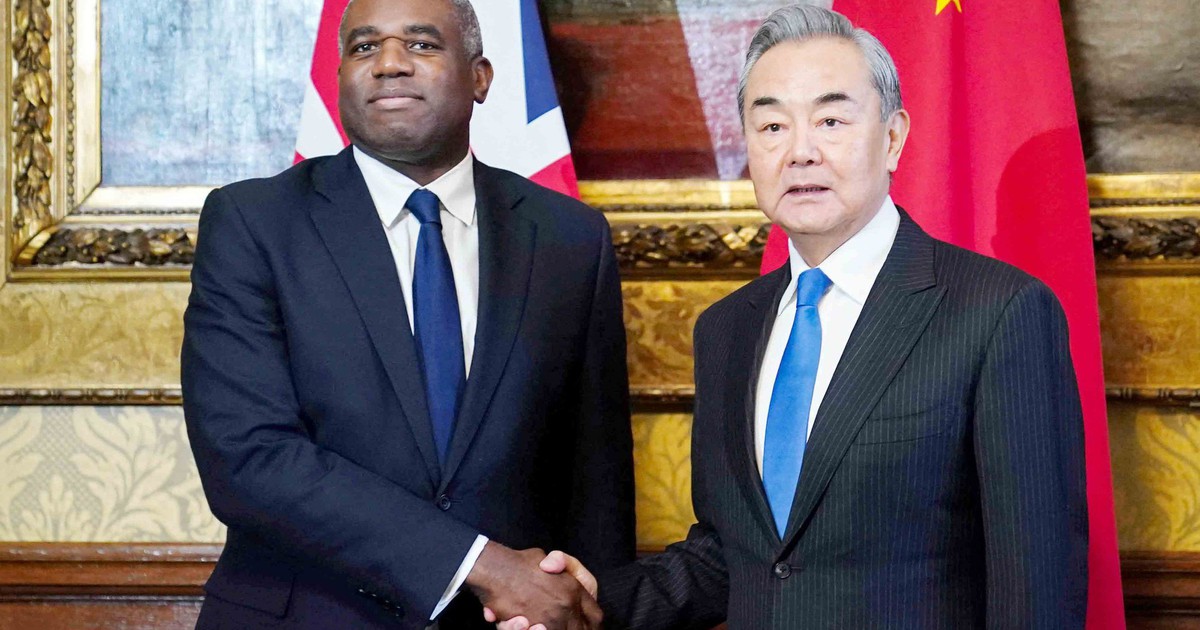

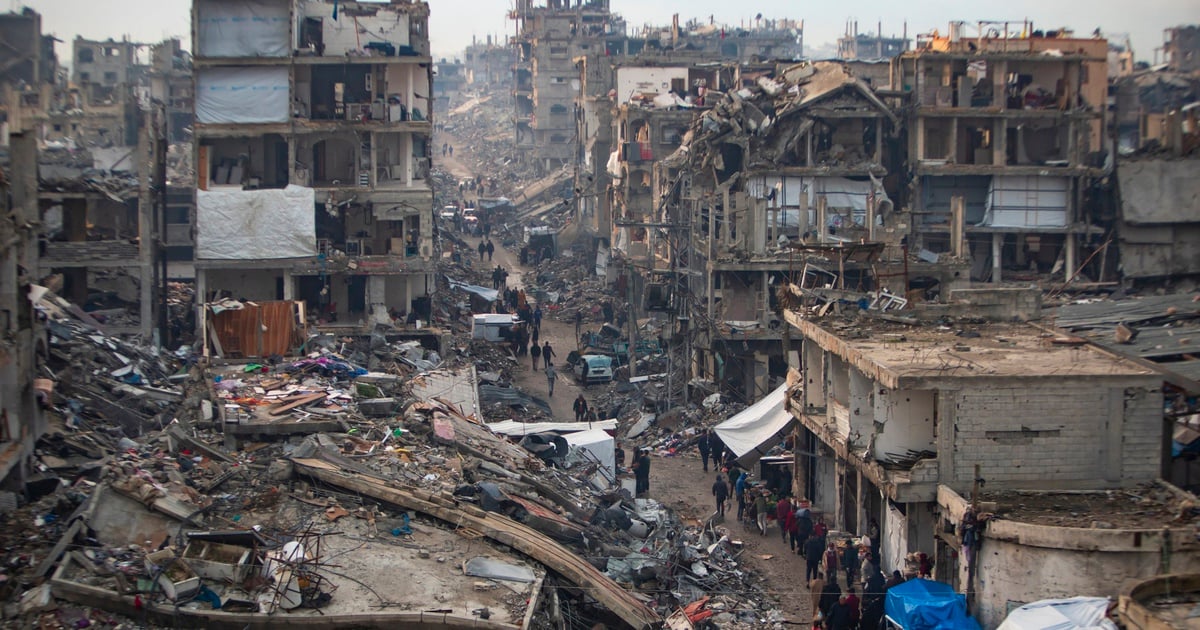
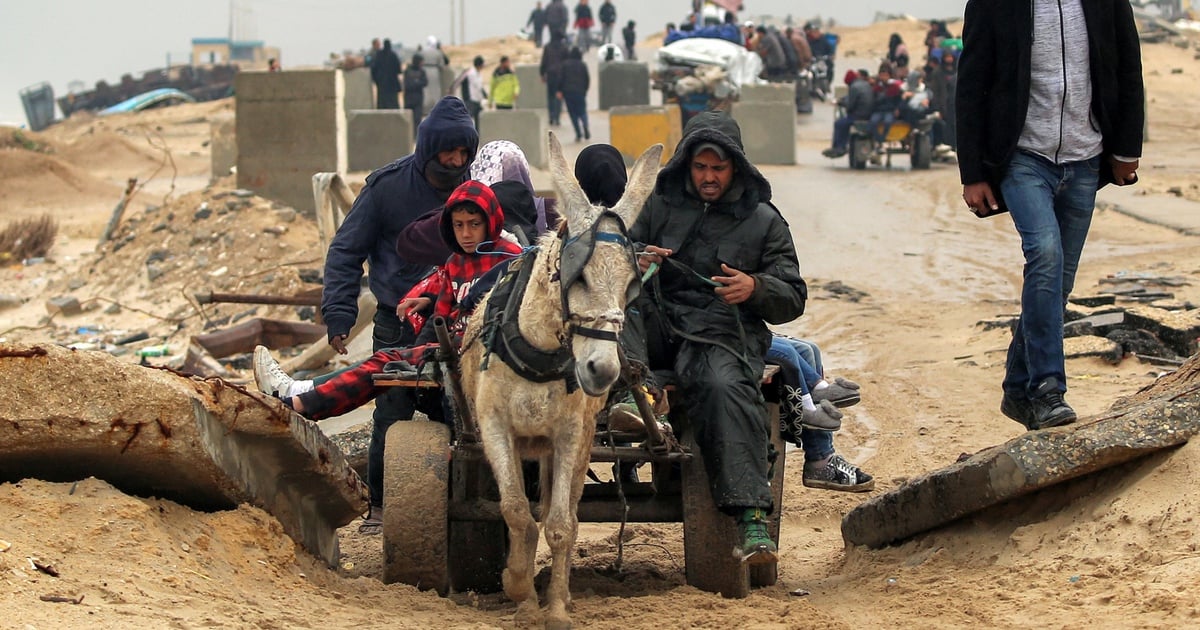

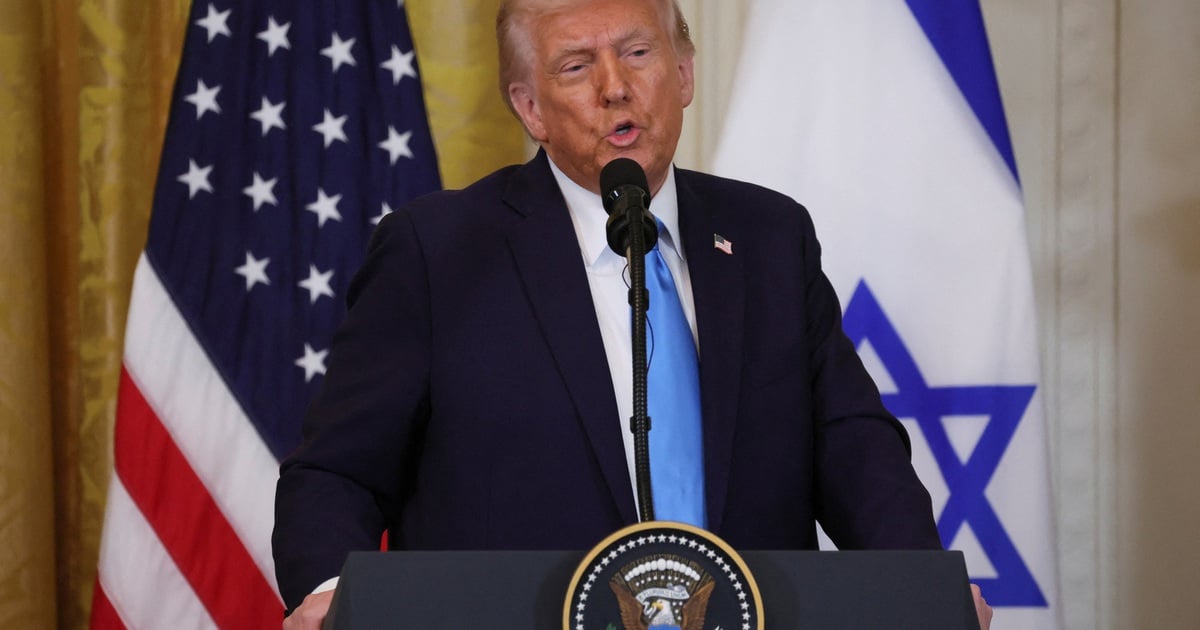

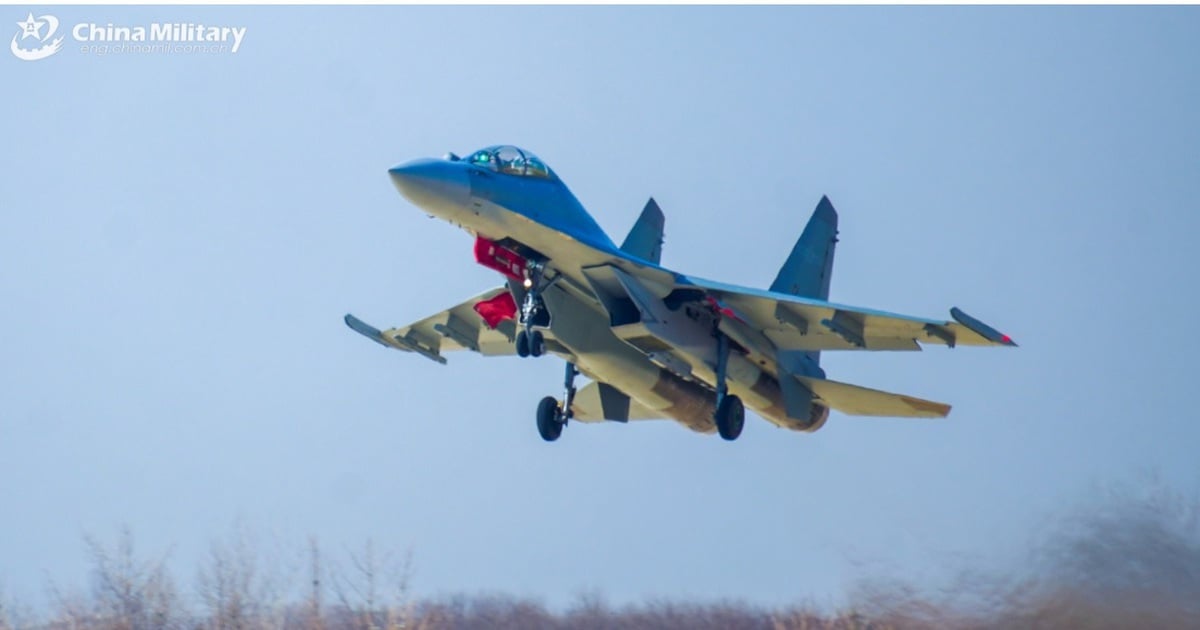
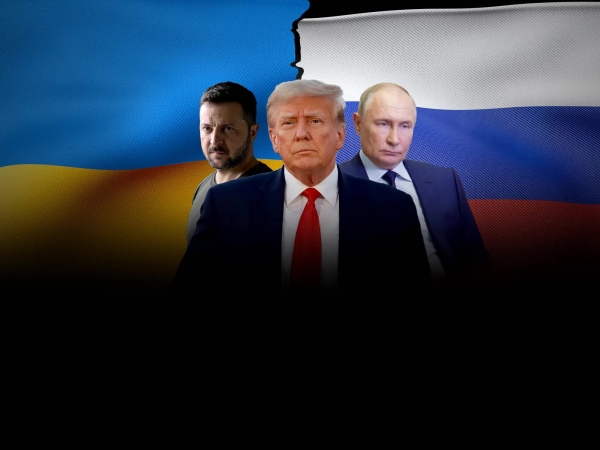


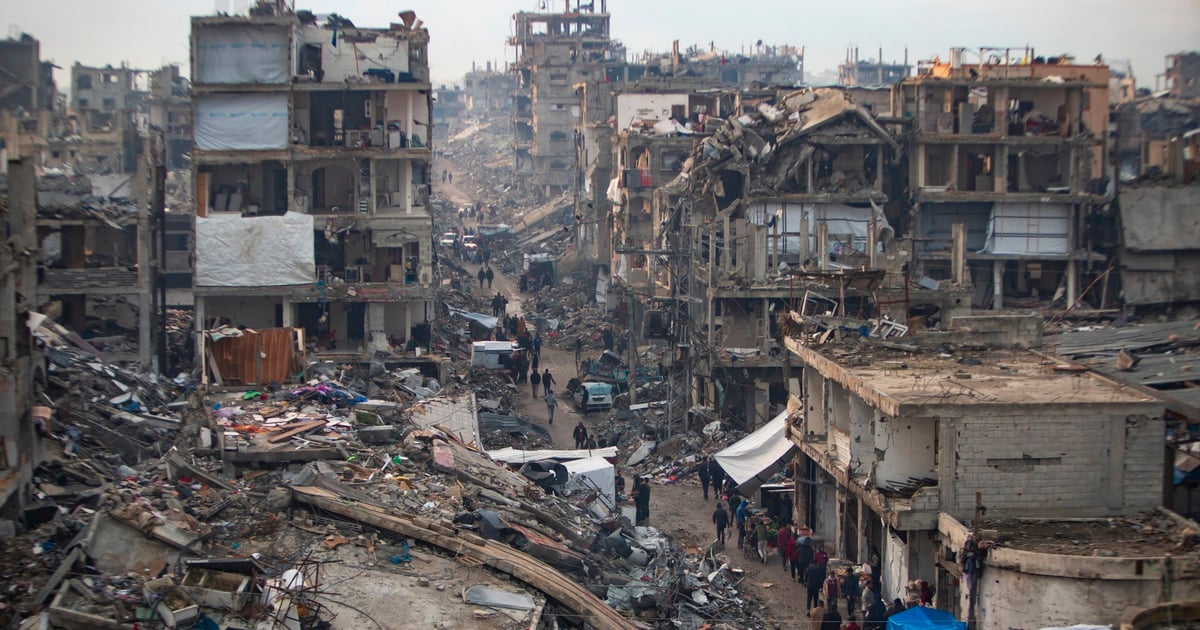
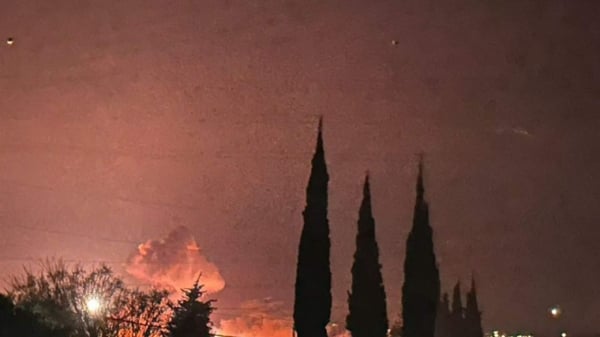
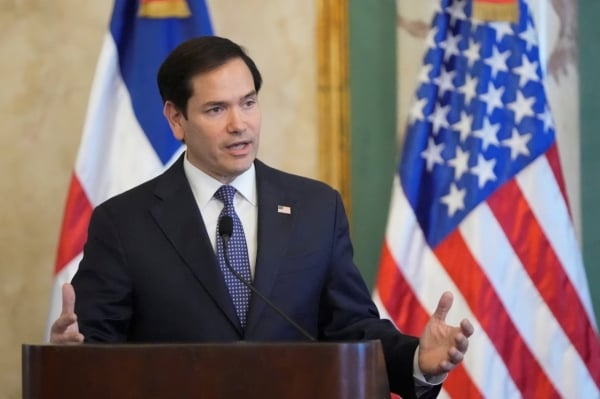
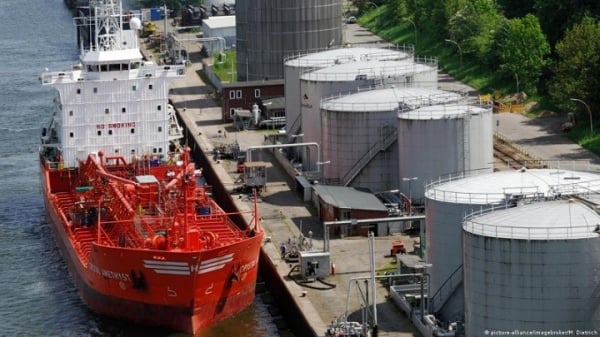
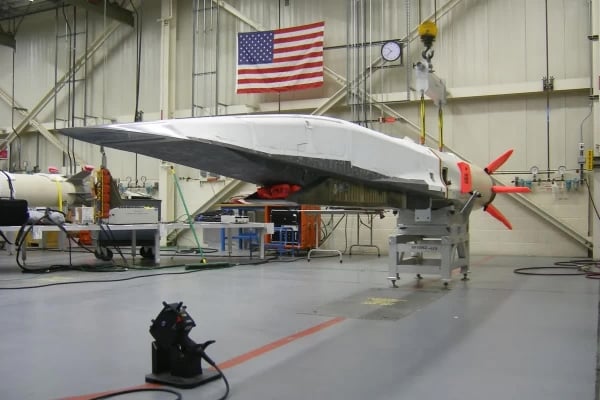

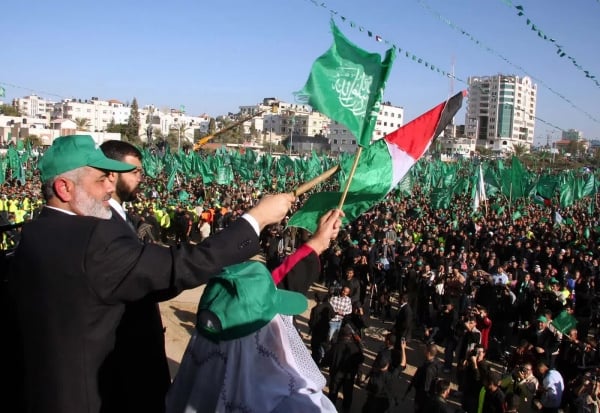
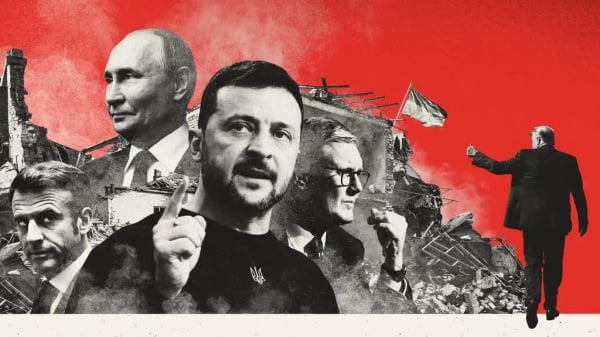












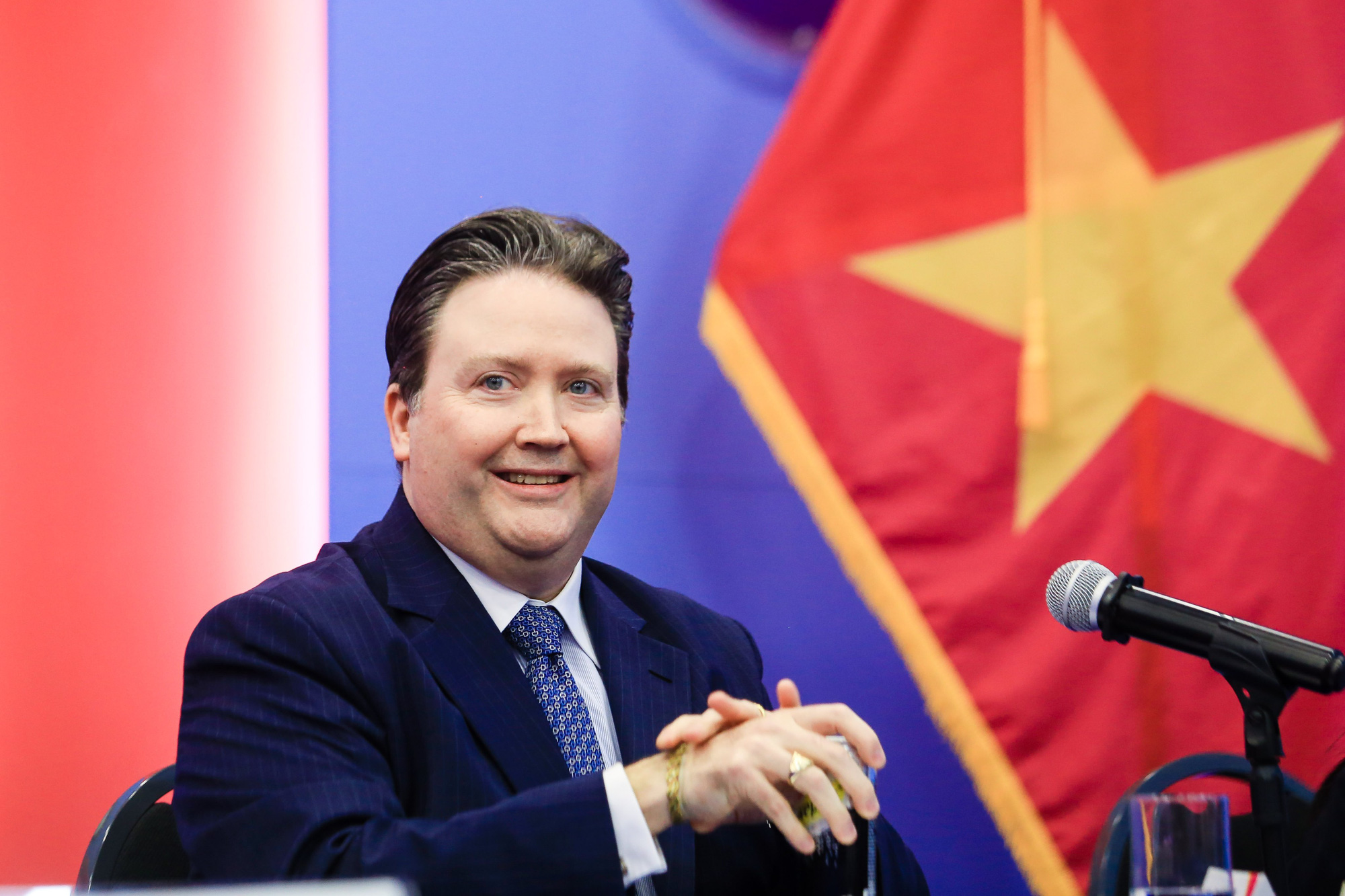
Comment (0)